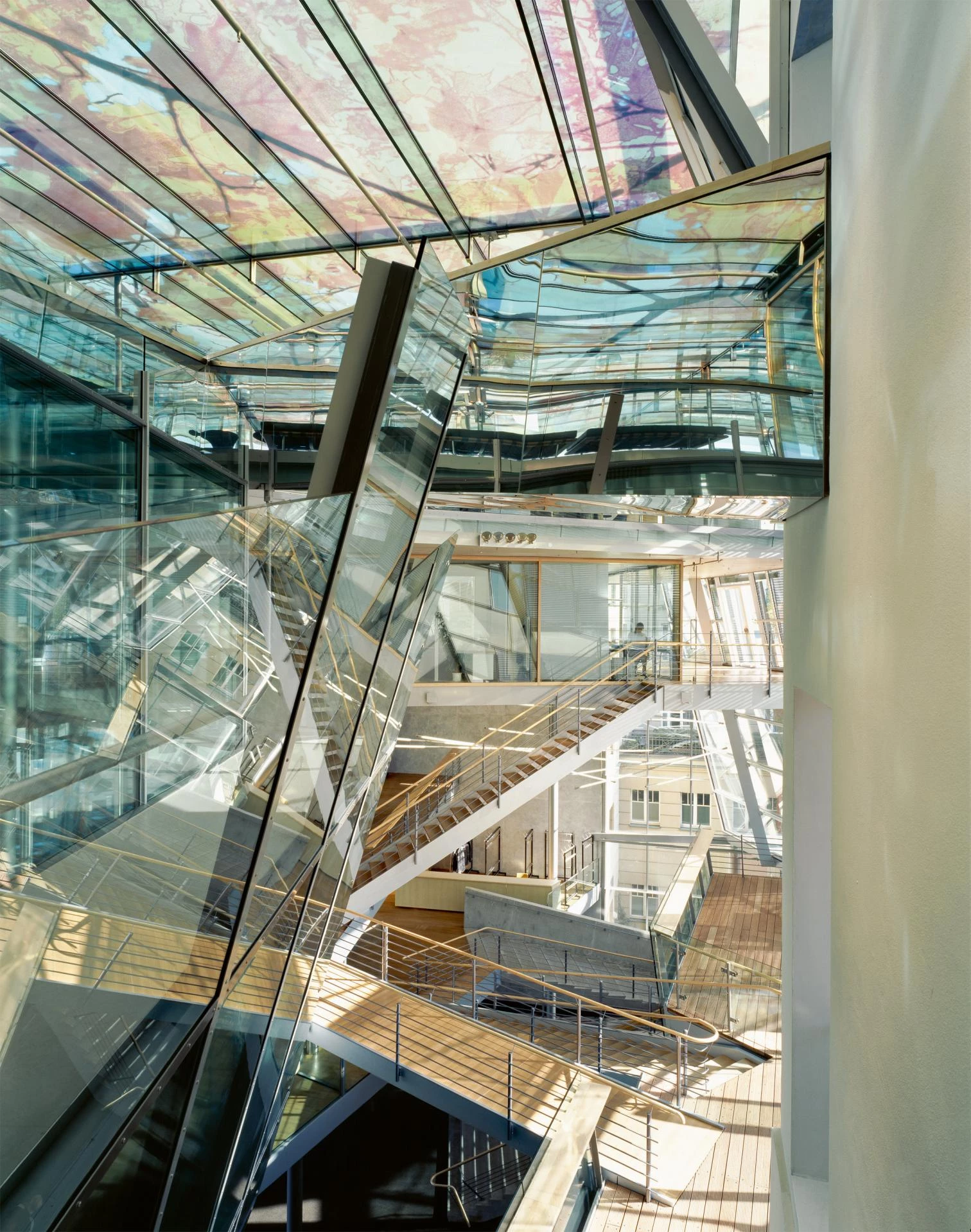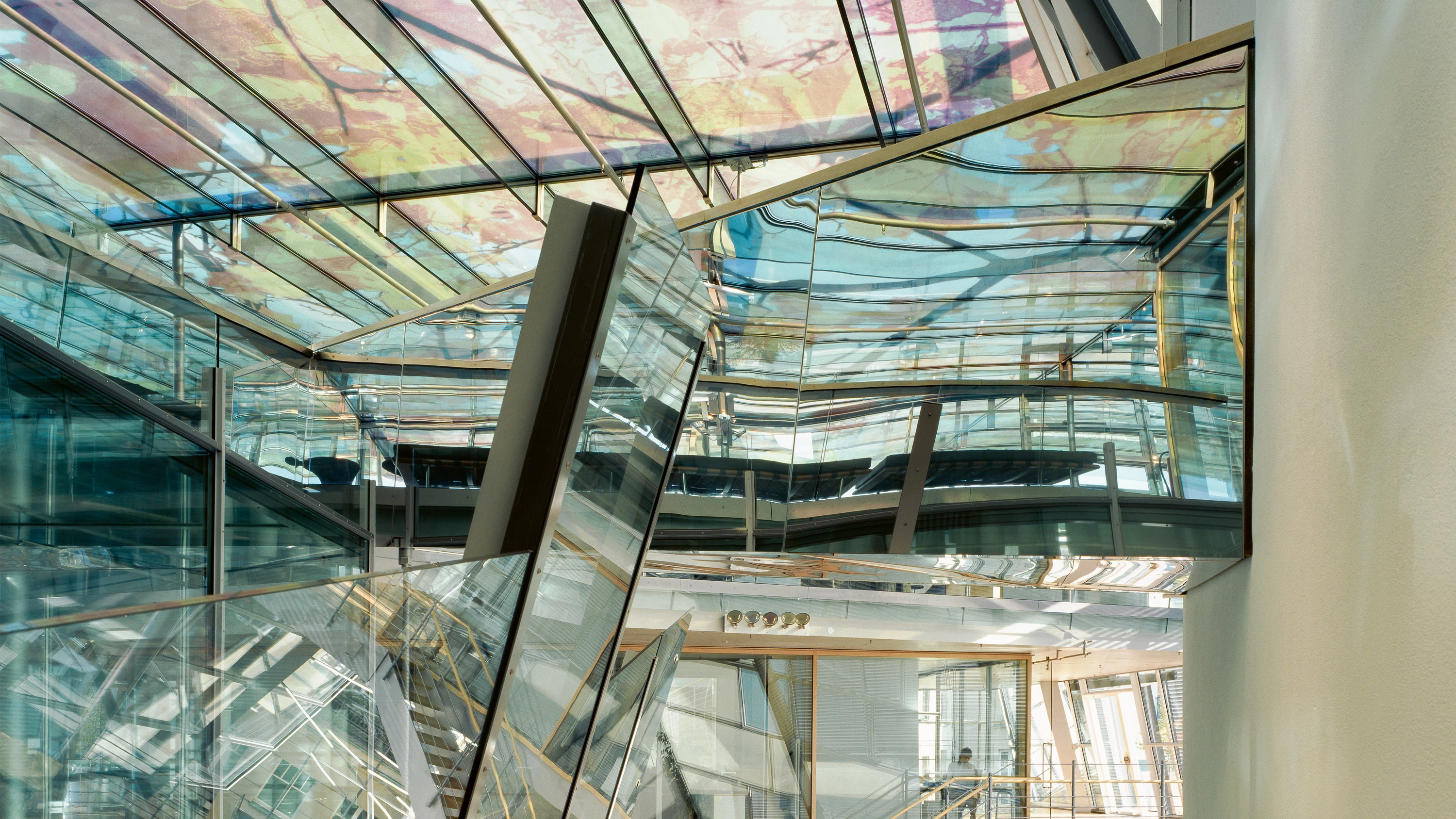
Akademie der Künste, Berlín, 1994-2005
Half a century ago, in the summer of 1972, the then still young Federal Republic of Germany succeeded in transforming the world’s perception of it, thanks to Munich’s hosting of the Olympic Games. For that event, a new generation of graphic designers like Otl Aicher, architects like Frei Otto, and engineers like Jörg Schlaich crafted a modern, optimistic, cosmopolitan imagery that shooed away the last long shadows of the country’s ominous National Socialist past. One of the leaders of that cultural milestone was the architect Günter Behnisch, the principal author of Olympic facilities (Olympiapark, 1967-1972) that were quick to become collective symbols of the new West Germany and its desired liberal order...[+]






